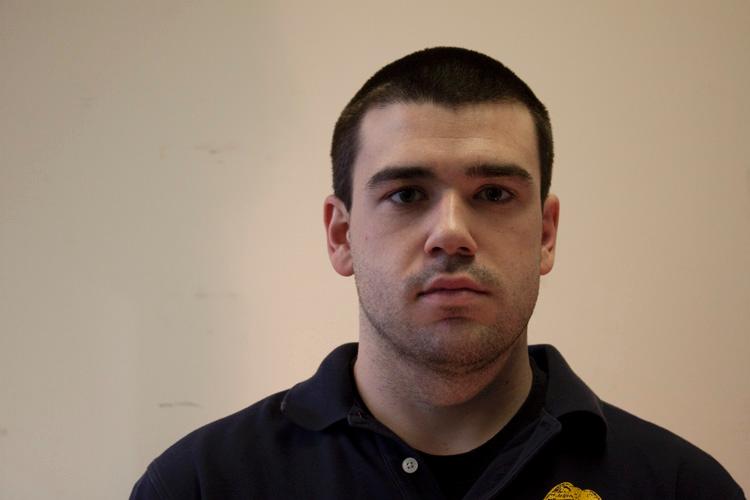Julian Assange and his not-for-profit media organization WikiLeaks are often commended for their belief in government transparency and accountability.
This belief is the foundation for what WikiLeaks does when it releases secret documents about governments obtained from anonymous sources.
Assange claims that the purpose of releasing these documents is to expose corrupt government and corporate actions and encourage reform.
There are some theories that WikiLeaks has already dramatically affected political reform in various nations including Kenya, where in 2007 the release of documents pertaining to the corrupt actions of a former leader and his family are widely believed to have swayed the Kenyan presidential election.
But after last year’s release of over a quarter of a million U.S. diplomatic cables, it becomes reasonable to question if government transparency and accountability are really what WikiLeaks is all about.
Among the cables released were many sensitive diplomatic cables, such as a series of cables that revealed various Middle Eastern nations’ support for the U.S. and Israel’s push for military intervention of Iran’s Nuclear Enrichment Programs.
This no doubt falls in line with what Assange wants WikiLeaks to represent: an advocate of government accountability and a voice against secrecy in world politics.
However, these cables are few and far between in the mass of cables made available by WikiLeaks.
Most of the other cables were much less significant and possessed little to no information regarding government corruption or injustices, nor did they pertain to transparency or accountability.
In fact, the vast majority of the cables seemed to do no more than embarrass various nations and consisted of little more than foreign policy gossip.
The release of these documents holds no political significance outside of embarrassing the U.S. government’s lack of information security.
It would seem to me that the release of the diplomatic cables signifies that WikiLeaks may no longer be taking a stance against secrecy and corruption.
The mass release of the cables seems almost malicious, with no intent of staying true to WikiLeaks’ cause.
On top of it all, Assange has threatened to release destructive information should any government pursue charges against him, some of which has been confirmed to be the names of American informants in the Middle East.
At this point, Assange has crossed a line. Legal action comes with the business he is in.
Countries will not be happy to see that their private cables have been hacked and published and are going to try and find ways to stop it.
This is no excuse for Assange to endanger the lives of others who have no part in any legal action taken against him.
I’m quite sure the Middle Eastern nations in which these informants reside will not be happy to discover their trusted citizens and leaders are informants for the U.S.
This is a good indication to me that WikiLeaks has shifted to doing more harm than good. WikiLeaks claims to be an advocate against corruption, but in reality they are enveloped in it.
They encourage the stealing of private information for publication, even if it doesn’t pertain to any actual act of corruption, and hold the lives of others as collateral.
Cody Dardeau is a criminal justice senior. He can be reached at
In My Opinion is a weekly column open to any Loyola student. Those interested can contact







